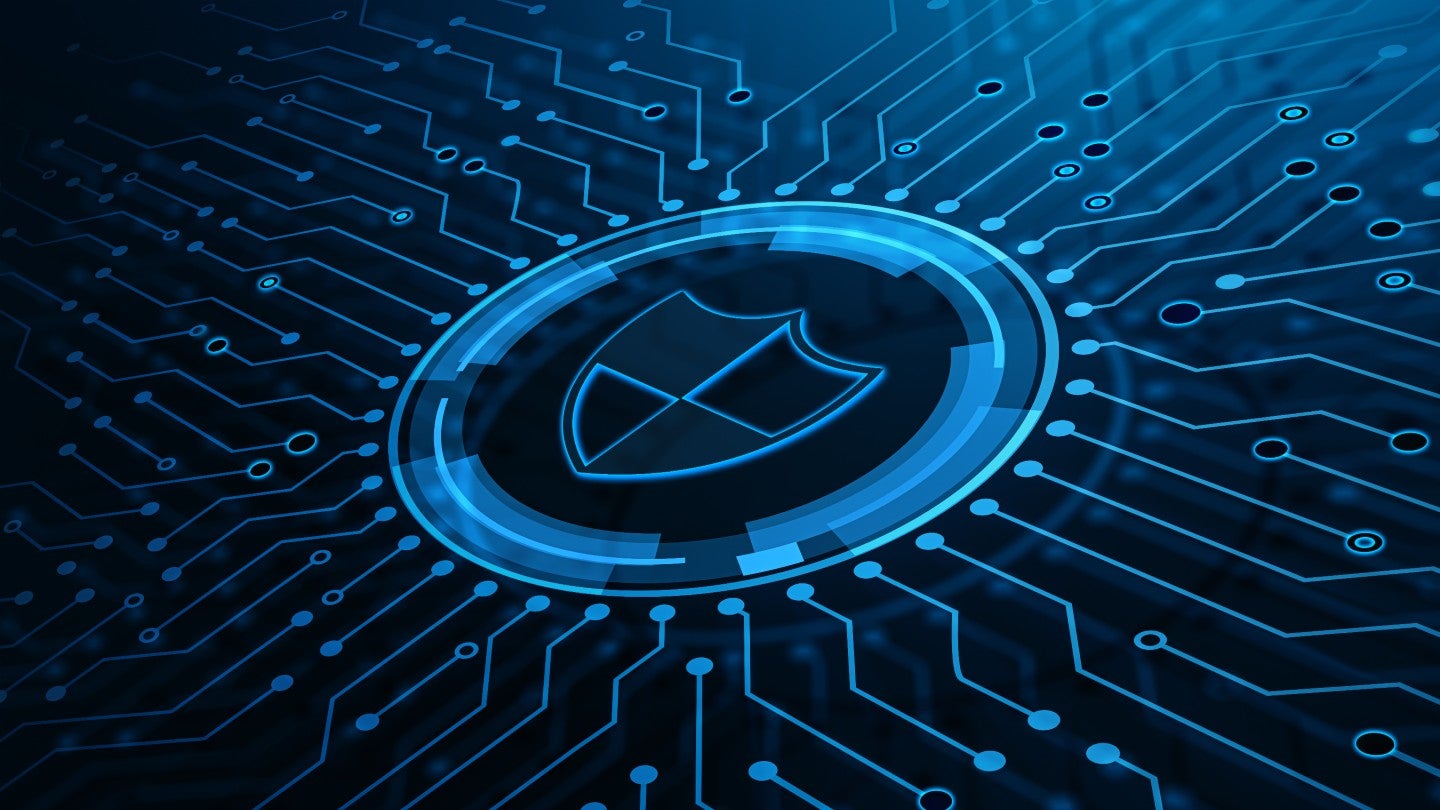
Cyberattacks on organisations continue to rise, and one sector in particular that is being targeted is that of critical national infrastructure (CNI) – the systems that are required for a country to run.
Indeed, late last year, the UK’s National Cyber Security Centre said that the country’s critical sectors were facing an “enduring and significant threat amid a rise of state-aligned groups, an increase in aggressive cyber activity and ongoing geopolitical challenges.”

Access deeper industry intelligence
Experience unmatched clarity with a single platform that combines unique data, AI, and human expertise.
Cyberattacks against CNI organisations can have significant impacts, with the potential to disrupt the likes of water and energy supplies, healthcare provision, financial services, nuclear resources, agriculture and aviation.
While the threat to CNI organisations has been rising over the last 10 years, the 2021 Colonial Pipeline ransomware attack in the US came as a wake-up call for many.
The wide-scale disruption and effect on energy prices highlighted both to governmental officials at the White House and energy firms how vigilant and resilient they need to be in the face of an increasing number of cyberattacks.
Such is the growing threat faced in the sector that there are now a host of cybersecurity firms now specifically focussed on helping CNI firms build cyber resilience and protection – among them US-based Nozomi Networks and UK-based Bridewell.

US Tariffs are shifting - will you react or anticipate?
Don’t let policy changes catch you off guard. Stay proactive with real-time data and expert analysis.
By GlobalDataIncreasing threat of cyberattacks
Speaking to Verdict, Nozomi Networks CEO Edgard Capdevielle says that the sector rarely experienced cyberattacks a decade ago when the company was founded, and thus cybersecurity protection was limited. Now, ten years on, he says: “The nature and frequency of attacks has increased dramatically.”
In the face of this increasing level of attacks, Bridewell’s CEO Anthony Young says he has witnessed an increase in cyber maturity within CNI over the last couple of years. He notes that, while financial services used to be the primary target for cyber attackers, they have since recognised the financial and political potential of disrupting CNI, with a key tool for this being ransomware.
“Ransomware allows you to monetize anything,” explains Capdevielle, meaning that disruption to resources like gas can be incredibly lucrative for attackers.
While many attacks are still financially motivated, there are also many geopolitically motivated attacks carried out within CNI especially. These are increasingly perpetrated by state-sponsored actors and activists.
Notably, on the geopolitical side, Young says that many actors are compromising systems but not attacking or exfiltrating information. They, may simply observe the internal operations or retain access until they want to act. The potential results of such attacks, like blackouts or interruptions to water supplies, can be used to sow chaos, discord and fear within populations.
Cyber threats for CNI
CNI organisations are targeted by a variety of attacks, with distributed denial-of-service (DDoS) attacks being common, as well as phishing and ransomware attacks.
There are also more complex attacks that involve infiltrating a system to monitor it and nation-state-type attacks that affect operational technology. Young says that, when Bridewell is working with CNI organisations, “lie and wait” system breaches are commonly observed.
He adds that, with the ever-expanding range of platforms used by businesses, “the attack surface is constantly growing” – a sentiment echoed by other cybersecurity experts.
Noting another widely recognised emerging trend in cybersecurity, Capdevielle points to artificial intelligence as an increasing part of the threat to the CNI sector – in particular to help automate attacks.
“A lot of people see artificial intelligence as a light switch, meaning it was off and then somebody flipped it and now it’s on,” he says. “That’s not the case to look at it at all. I would see it more as a gradual spectrum, where people start just using computing and scripts to automate human labour.”
Both Capdevielle and Young emphasise the importance for CNI organisations of cyber resilience – knowing at some point an attack is inevitable but having the playbooks to recover and rebuild any systems and data.
“A lot of people just practice their backups, and then never practice the recovery, and the recovery is super, super critical,” says Capdevielle.







